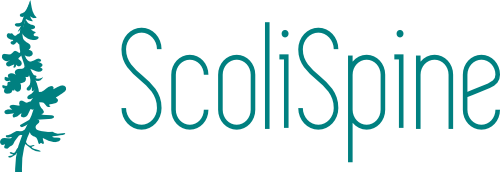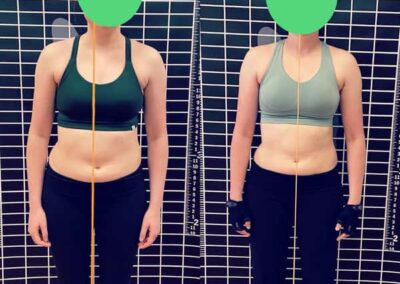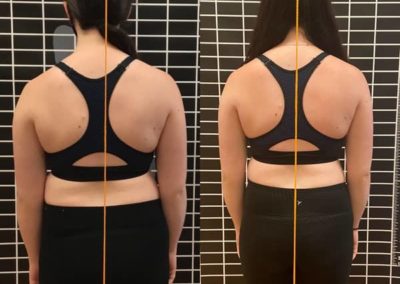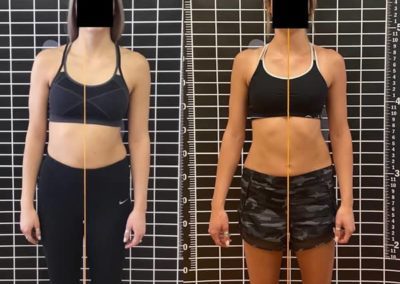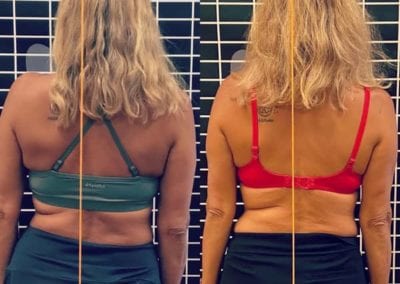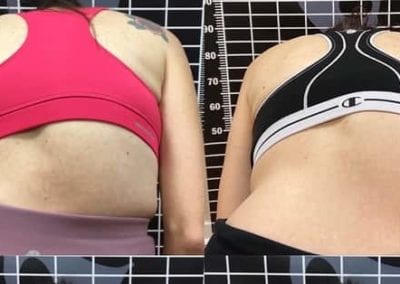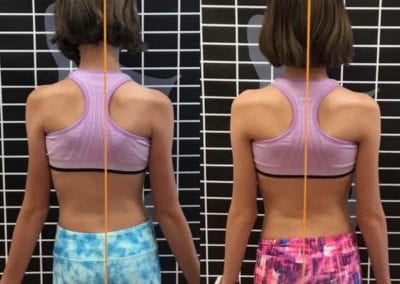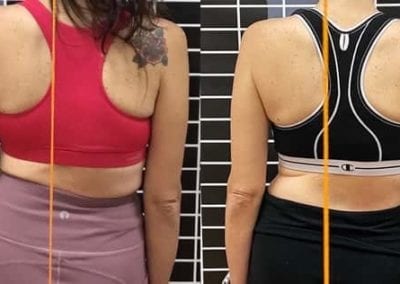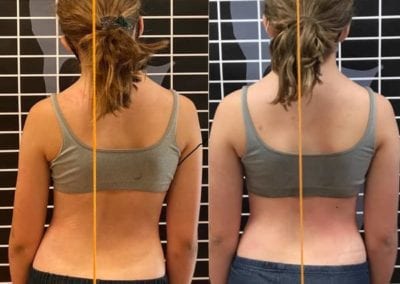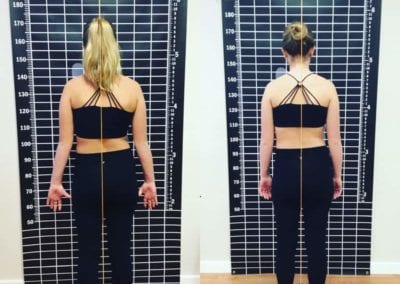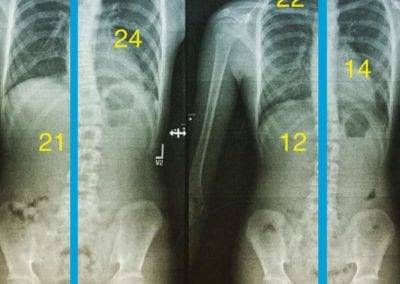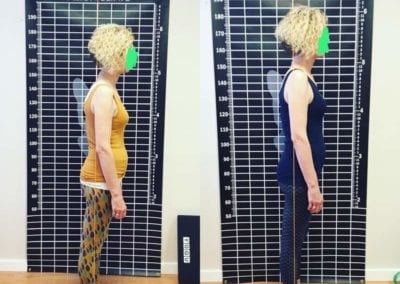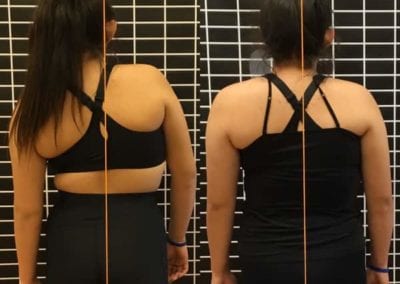What are Scoliosis Specific Exercises
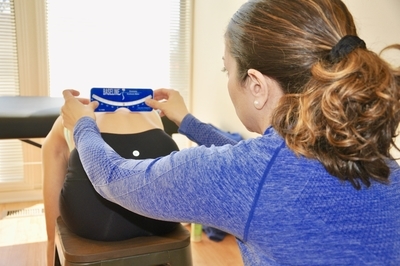
What are Scoliosis Specific Exercises?
Scoliosis is a complex condition. From the back, it looks like a sideways curve in a C or an S shape. But what you don’t see with a naked eye is how the vertebrae in the spine rotate as they form a curve. Spaces between the vertebrae may also become compressed in some areas and stretched in others. That’s why physical therapy for scoliosis requires a 3-D approach to address the curve from all angles.
One type of Scoliosis Specific Exercises, commonly known as the Schroth Method, can be an effective nonsurgical option for the management of scoliosis. It uses exercises customized for each patient to return the curved spine to a more natural position. The goal of these exercises is to de-rotate, elongate and stabilize the spine in a three-dimensional plane along with corrective breathing techniques.
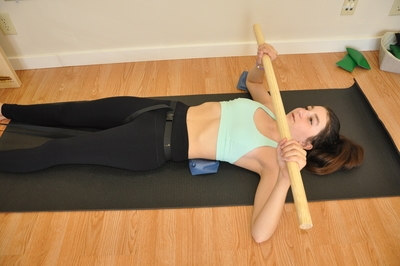
Since spine rotation in scoliosis is different in each person, Scoliosis Specific Exercises are tailored to your unique curvature of the spine, and include three important components:
Muscular Symmetry
The changes in the curvature of your spine also affect the muscles in your back. On one side of the back the muscles are tight and shortened. On the other side, the muscles are longer than usual. In short, the muscles are imbalanced. Scoliosis Specific Exercises (i.e. Schroth) are designed to address both problems, aiming to achieve muscular symmetry.
Rotational Angular Breathing
Breathing is an important part of the Schroth Method. The method uses a special breathing technique called rotational angular breathing. The idea is to reshape the rib cage and change the muscle imbalance promoting more equal forces on the spine.
Awareness of Your Posture
Being aware of the position of your spine is the first step to correcting it. Postural awareness is especially important when it comes to activities of daily living. If you have scoliosis, you will always need to be mindful of the positions that may make it worse.

What results can be expected after completing a Schroth program?
- Improved posture
- Improved core stability and strength
- Easier breathing
- Improved overall movement pattern and function
- Improved self-management and understanding of the spine
- Better pelvis alignment
***Depending on your age, bone maturity and the degree of curvature, bracing may also be a part of the treatment. We work closely with orthotists and prosthetists in the Treasure Valley to help patients achieve the best possible results. Schroth-specific breathing complements bracing as children are able to achieve a more balanced breathing pattern with bracing and exercise, and Schroth-specific exercises improve postural strength which may improve brace compliance and overall comfort.**
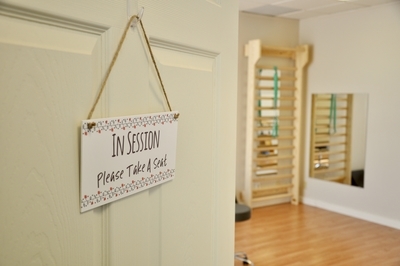
Does Schroth Really Work?
Click on the links below to read informative articles about the effectiveness of the Scroth method. Links will open in a new tab.
